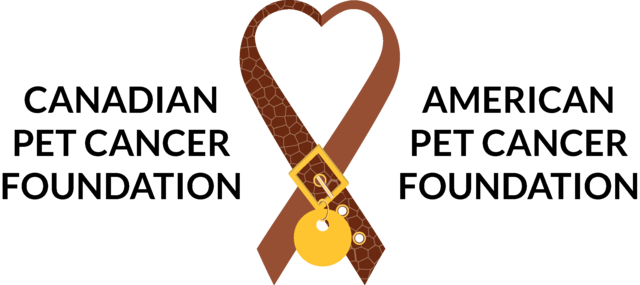- Nutrition for Dogs
- Overview: feeding tips for healthier dogs
- What nutrients does my dog need?
- Balanced diets and cancer prevention in dogs
- What causes canine obesity?
OVERVIEW: FEEDING TIPS FOR HEALTHIER DOGS
However, one area of research that does appear strong is that obesity increases the risk of cancer development. A 1998 study reported that female dogs with obesity by 1 year of age were more likely to develop mammary tumors than dogs who maintained a healthy weight.
Additional studies are required to help us understand the link between diet and cancer risk in dogs. Fortunately, the first long-term study for cancer risk factors in dogs is currently underway. The Golden Retriever Lifetime Study began in 2015 and continues to follow over 3000 Golden Retrievers across the US. The purpose of this study is to collect information regarding nutrition, lifestyle, behavior, and genetics to understand better how these factors contribute to cancer risk.
While more research is needed to understand the association between diet and cancer risk in dogs, prevention starts by meeting your pet’s nutritional requirements and ensuring they maintain a healthy weight. Your diligence regarding your dog’s diet and health is vital and checking your dog’s food for potentially harmful substances is key. Unfortunately, researchers have found cancer-causing chemicals (carcinogens), such as commonly used preservatives like ethoxyquin, acrylamide, and the fungus aflatoxin, in various dry and canned dog foods. To try and limit the level of carcinogens in your dog’s diet, you might consider preparing homemade dog food or feeding your dog a higher-end, organic dry food equivalent that does not have carcinogenic preservatives. Reading the labels and discussing food options with your vet will help ensure your dog gets the proper nutrients.
Providing your dog with nutrient-dense food while monitoring their weight also ensures their immune system is working in prime condition. The immune system is designed to eliminate unwanted or unexpected carcinogens in everyday life. A diet filled with cancer-fighting foods can help your dog’s immune system get rid of the carcinogens more effectively.

The Pet Cancer Foundation’s Website Editorial team is comprised of veterinarians, veterinary oncologists, and veterinary technicians, as well as scientific writers and editors who have attained their PhD’s in the life sciences, along with general editors and research assistants. All content found in this section goes through an extensive process with multiple review stages, to ensure this extended resource provides pet families with the most up-to-date information publicly available.
The team listing of those contributing to the information on this page is here:
Keep Your Pets Healthy Editorial Team
Last Updated: October 1, 2022
The Pet Cancer Foundation’s medical resource for pet owners is protected by copyright.
For reprint requests, please see our Content Usage Policy.

The Pet Cancer Foundation’s Medical Illustration team is comprised of medical illustration specialists and graphic designers that work in consultation with our team of experts to create the medical art found throughout our website. Though not all medical concepts require the assistance of imagery, when a page does contain a medical illustration, credit to the artist and our medical art director will be noted here.
The Pet Cancer Foundation’s medical imagery is protected by copyright and cannot be used without prior approval that includes a mutually signed licensing agreement. Content Usage Policy.
The following sources were referenced to write the content on this page:
Alenza DP, Rutteman GR, Peña L, Beynen AC & Cuesta P 1998, ‘Relation between habitual diet and canine mammary tumors in a case‐control study’, J Vet Intern Med, vol. 12, no. 3, pp.132-139.
Guy, MK, Page, RL, Jensen, WA, Olson, PN, Haworth, J.D, Searfoss, EE & Brown, DE 2015, ‘The Golden Retriever Lifetime Study: establishing an observational cohort study with translational relevance for human health’, Philos Trans R Soc Lond B Biol Sci, vol. 370, no. 1673, pp. 20140230-2014240.
Pal, D, Banerjee, S & Ghosh, AK 2012, ‘Dietary-induced cancer prevention: an expanding research arena of emerging diet related to healthcare system’, J Adv Pharm Technol Res, vol. 3, no. 1, pp.16-24.
Poirier, LA, 2002, ‘The effects of diet, genetics and chemicals on toxicity and aberrant DNA methylation: an introduction’, J Nutr, vol. 132, no. 8 Suppl, pp. 2336S–2339S.
The Pet Cancer Foundation’s medical resource for pet owners is protected by copyright.
For reprint requests, please see our Content Usage Policy.
